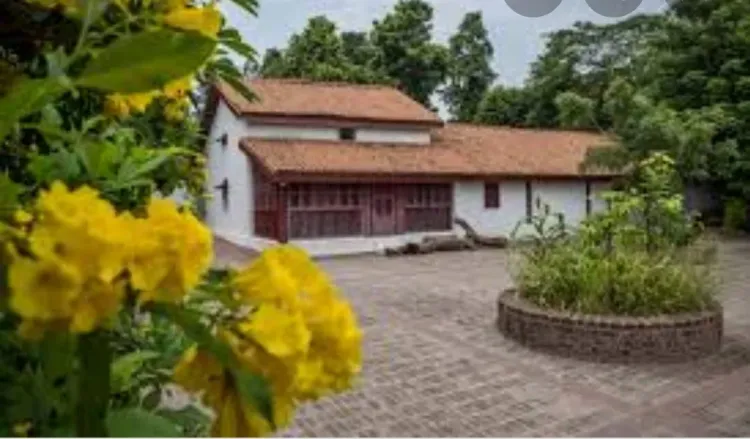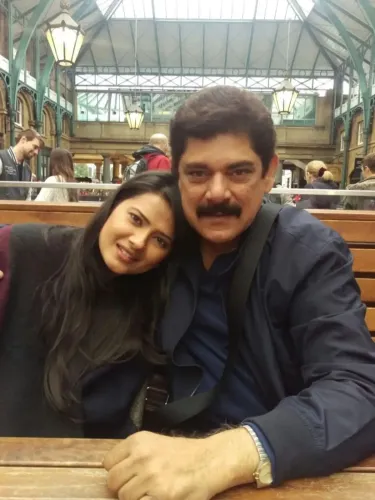Supreme Court to Review Petition Against Gujarat's Sabarmati Ashram Acquisition Tomorrow

Synopsis
Key Takeaways
- Supreme Court hearing scheduled for April 1.
- Petition filed by Tushar Gandhi regarding Sabarmati Ashram acquisition.
- Concerns over the impact on Gandhi's legacy.
- Arguments cite constitutional violations.
- Initial petition dismissed by Gujarat High Court.
New Delhi, March 31 (NationPress) The Supreme Court is scheduled to review a petition on Tuesday submitted by Tushar Gandhi, the great-grandson of Mahatma Gandhi, who is expressing concerns regarding the Gujarat government's acquisition of the Sabarmati Ashram.
In March 2021, the Gujarat government issued a resolution aimed at the comprehensive development of the Gandhi Ashram Memorial and its surrounding areas.
According to the causelist available on the apex court's website, a bench comprising Justices M.M. Sundresh and Rajesh Bindal will address this matter on Tuesday (April 1).
The petition argues that the government's acquisition of the Sabarmati Ashram under the guise of development undermines the principles of Gandhism. It also contends that this action is in violation of Article 39 of the Constitution, which advocates against the accumulation of wealth, and Article 49, which prioritizes the protection of monuments and sites of national significance.
"Mahatma Gandhi personally designed the ashram, which embodies ideals of simplicity, self-sufficiency, and communal living. The ashram represents Gandhian values of sustainability and harmony with nature. The Sabarmati Ashram is a symbol of Mahatma Gandhi's legacy and his crucial role in India's independence movement," the petition states.
The petition further mentions that an initial writ petition was filed in the Gujarat High Court to contest the redevelopment efforts and to seek the annulment of the governmental resolution.
However, the Gujarat High Court dismissed this writ petition. Subsequently, an appeal was lodged with the Supreme Court, which set aside the contentious order and remanded the writ petition back to the Gujarat High Court.
"Following this, the (Gujarat) High Court reevaluated the matter. However, without adequately considering the true facts and circumstances, the petitioner's requests were denied," the latest special leave petition to the Supreme Court indicates.
"Currently, the dignity and sanctity of the ashram, which metaphorically embodies the legacy of Mahatma Gandhi, the father of our nation, is under direct threat from an alleged redevelopment initiative. The misappropriation of public funds, purportedly for development, contradicts Gandhi's values," the petition further states.
Moreover, it emphasizes that the ashram is a symbol of peace, simplicity, and tranquility, and the proposed redevelopment endangers the essence of both Mahatma Gandhi and the ashram itself.
"In 1917, Mahatma Gandhi established the Sabarmati Ashram. On February 2, 1926, Mahatma Gandhi and Maganlal Khushalchand created the Satyagraha Ashram Trust through a trust deed. On September 30, 1933, Gandhi transferred the Satyagraha Ashram for the service and benefit of Harijans in perpetuity to the Harijan Sevak Sangh via a communication addressed to Ghanshyamdas Birla," the petition elaborates.









